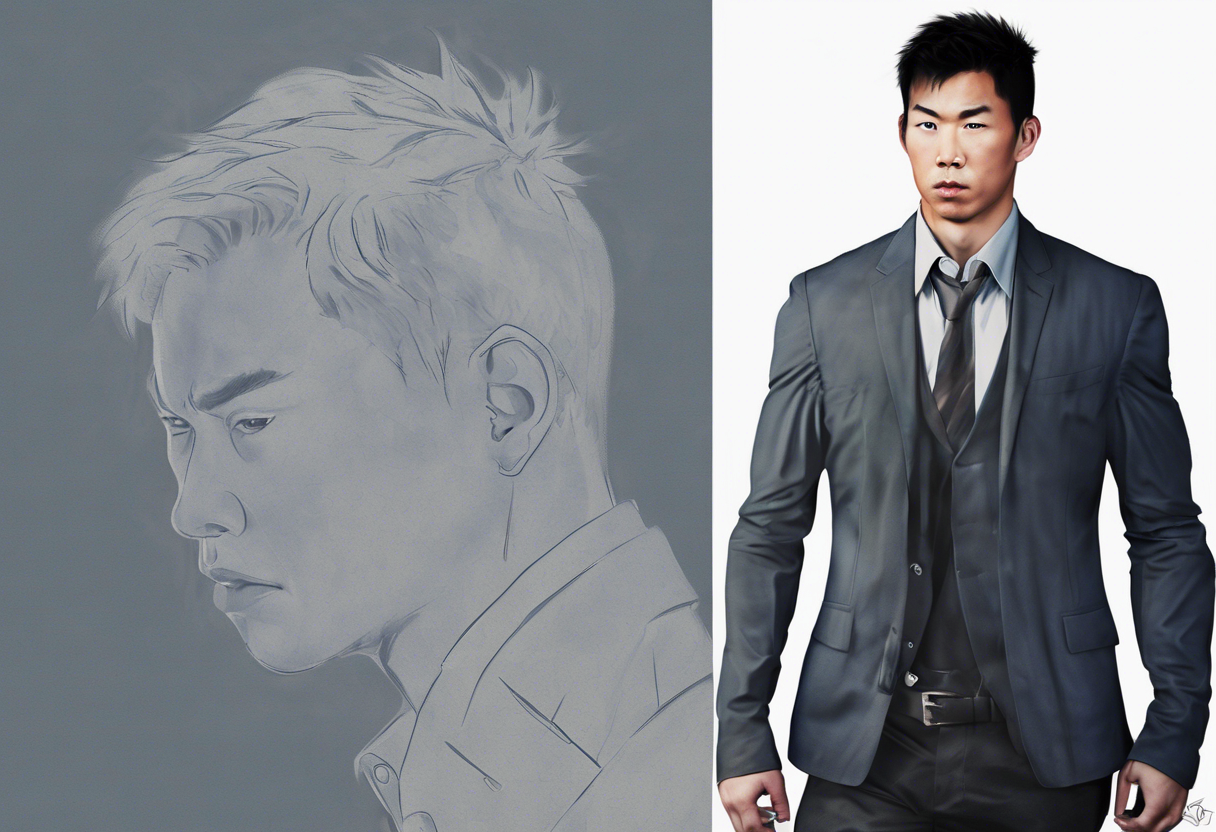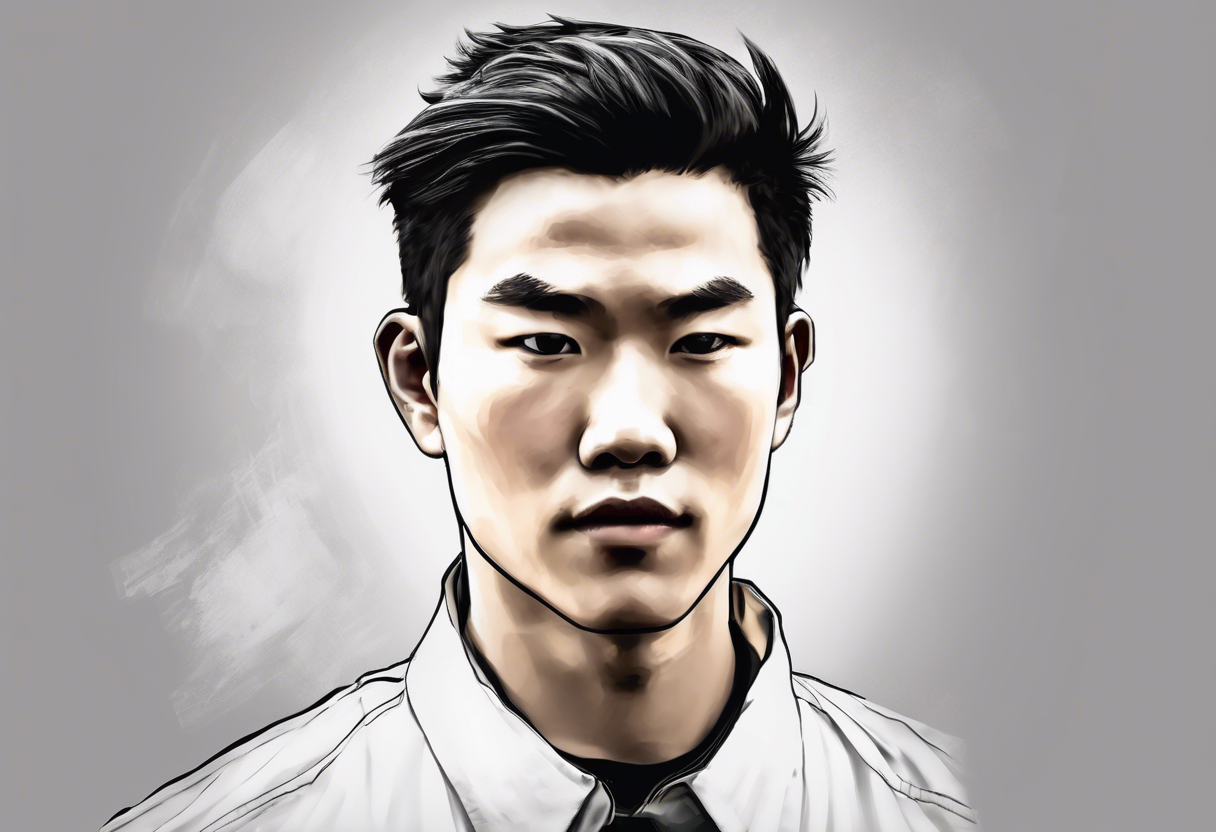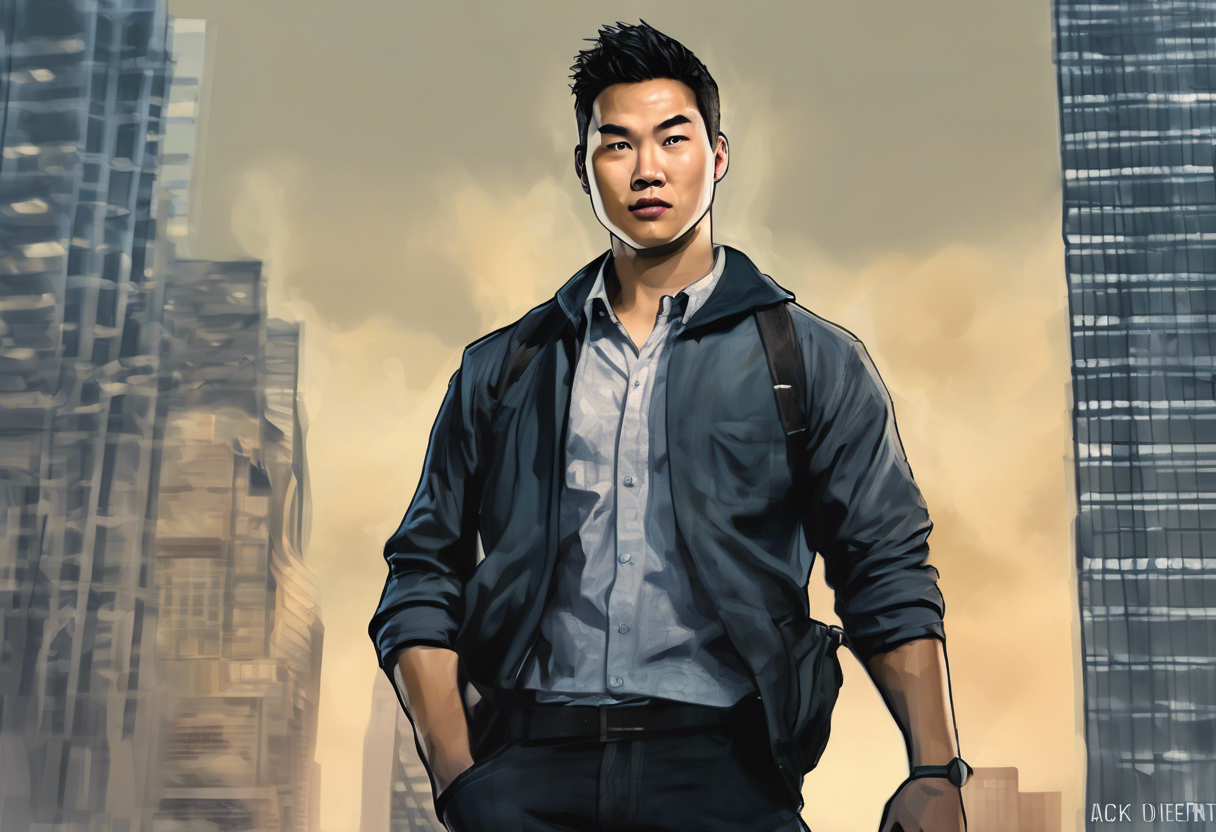Contents
Jack Kang: The Leader of Candor in the Divergent Series
Introduction
Jack Kang is a pivotal character in Veronica Roth’s Divergent series, serving as the leader of the Candor faction. Candor, one of the five factions in the dystopian society of Chicago, values honesty and justice above all else. Jack Kang’s role is crucial in the narrative, as he embodies the principles of his faction and navigates the complex web of alliances and conflicts between the different factions.
Kang’s character is introduced in the second book of the series, Insurgent, where he is portrayed as the youngest of the faction leaders [1][3]. His leadership is marked by a strong commitment to justice and honesty, even if it means making difficult and sometimes controversial decisions.
Role in the Story
In Insurgent, Jack Kang plays a significant role in the storyline, particularly in his interactions with the main characters Tris Prior and Tobias "Four" Eaton. Kang administers truth serum to Tris in an effort to uncover information about the simulation data, highlighting his unwavering dedication to truth and transparency [4].
Kang’s faction, Candor, becomes a temporary ally to Tris and Four as they navigate the treacherous landscape of faction politics. However, his primary goal is always the protection and advancement of Candor’s interests. This is evident when he negotiates a peace treaty, albeit a tenuous one, to ensure Candor’s safety in the face of escalating conflicts between the factions.
Kang’s relationships with other characters are defined by his strict adherence to Candor’s values. He is willing to make tough decisions, even if they mean sacrificing individuals for the greater good of his faction. This is seen in his willingness to sacrifice the Divergents if it means saving Candor from harm [3].
Character Analysis
Jack Kang’s personality is characterized by his unwavering commitment to honesty and justice. He is a leader who will stop at nothing to ensure that the truth is revealed and that justice is served, even if it means taking unpopular or harsh measures. This trait makes him both respected and feared within the faction system.
Kang’s motivations are rooted in his deep-seated belief in the importance of honesty. He sees the world in black and white, with no room for deception or dishonesty. This rigid moral framework can sometimes lead to conflicts with characters who operate in a more gray area, such as Tris and Four.
Despite his strong convictions, Kang is not without flaws. His single-minded focus on honesty can make him appear inflexible and sometimes cruel. However, this also makes him a compelling and relatable character, as his actions are driven by a clear and understandable set of principles.
Throughout the series, Kang’s character undergoes minimal development but remains consistent in his values. His interactions with other characters serve to highlight the complexities of his personality and the challenges of leading a faction based on such stringent principles.
Themes and Symbolism
Jack Kang embodies several key themes in the Divergent series. The most prominent is the theme of honesty and its importance in a society. Through Kang’s character, Roth explores the idea that honesty can be both a virtue and a vice, depending on how it is applied. Kang’s unwavering commitment to truth highlights the importance of transparency but also shows the potential dangers of rigid adherence to a single principle.
Kang also symbolizes the faction system’s emphasis on values and the consequences of prioritizing these values above all else. His leadership of Candor serves as a mirror to the other factions, showcasing the strengths and weaknesses of a society structured around specific virtues.
Cultural Impact
Jack Kang’s character has had a notable impact on the cultural landscape of the Divergent series. In the book adaptations, he is portrayed by Daniel Dae Kim, which brought his character to life for a wider audience [2].
The reception of Jack Kang among fans has been mixed. Some appreciate his unwavering commitment to honesty, seeing him as a symbol of integrity in a corrupt world. Others criticize his inflexibility and the harsh decisions he makes, viewing him as a less nuanced character compared to others in the series.
In terms of cultural influence, Kang’s character contributes to the broader discussion on the importance of honesty and transparency in society. His portrayal in the series adds depth to the exploration of moral absolutes and the complexities of leadership.
Critical Reception
Critics and audiences have had varying interpretations of Jack Kang’s role in the series. Some have praised his character for adding depth to the faction system and for serving as a foil to other characters. Others have criticized his lack of development and the one-dimensional nature of his character.
The portrayal of Jack Kang in the film adaptations has also been subject to critique. The decision to cast Daniel Dae Kim was well-received, but the character’s screen time and development were limited, which may have contributed to a less impactful presence on screen.
Legacy
Jack Kang’s legacy in the Divergent series is that of a steadfast and principled leader who embodies the values of his faction. His character serves as a reminder of the importance of honesty and justice, even in the face of adversity.
In contemporary discussions, Kang’s character can be seen as a reflection of real-world debates on transparency and accountability. His unwavering commitment to truth makes him a compelling figure in the context of modern societal issues.
Kang’s influence on other works or character archetypes is subtle but significant. He represents a type of leader who is unyielding in their principles, a trait that can be seen in various other fictional characters and real-world figures.







